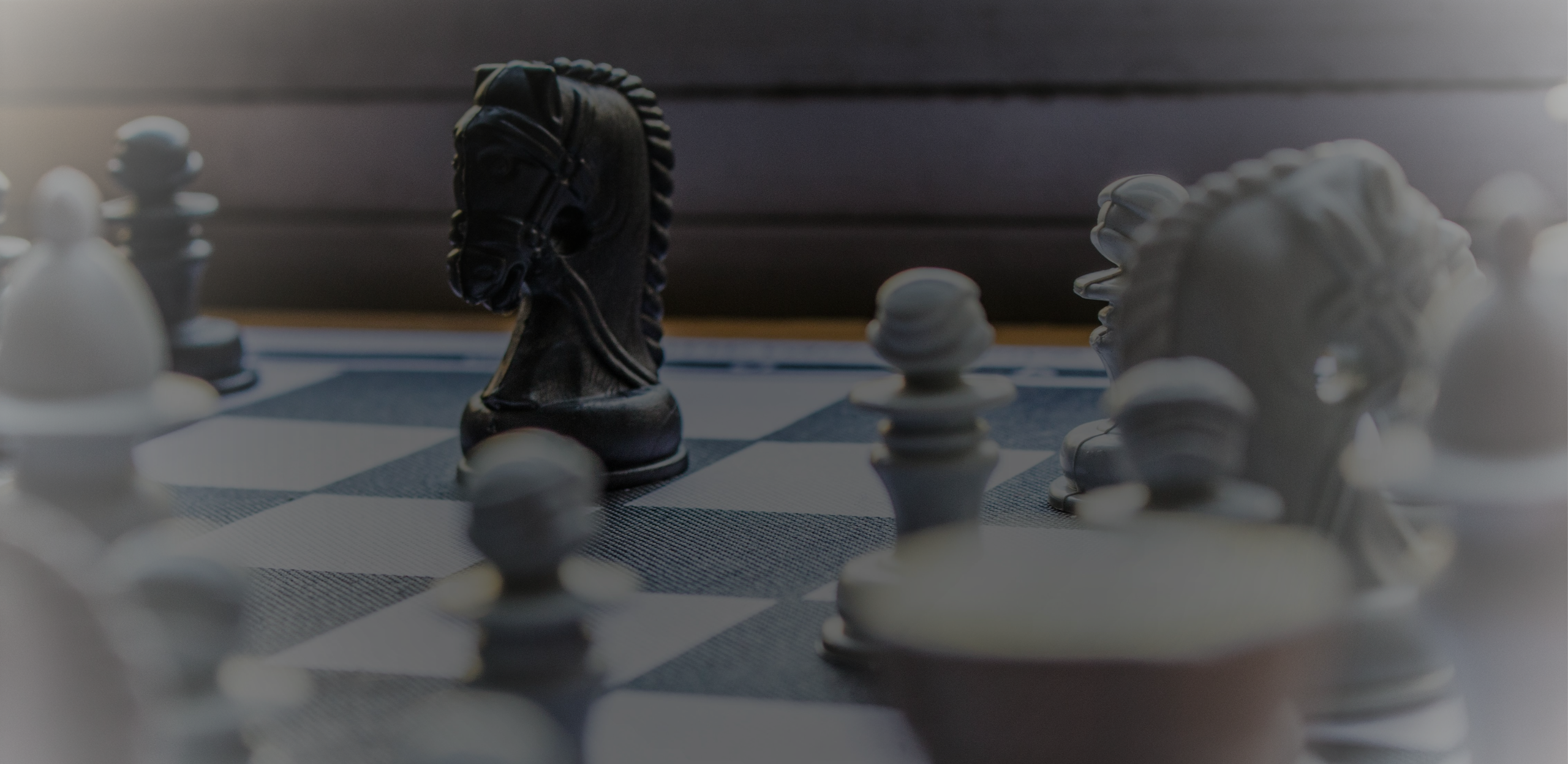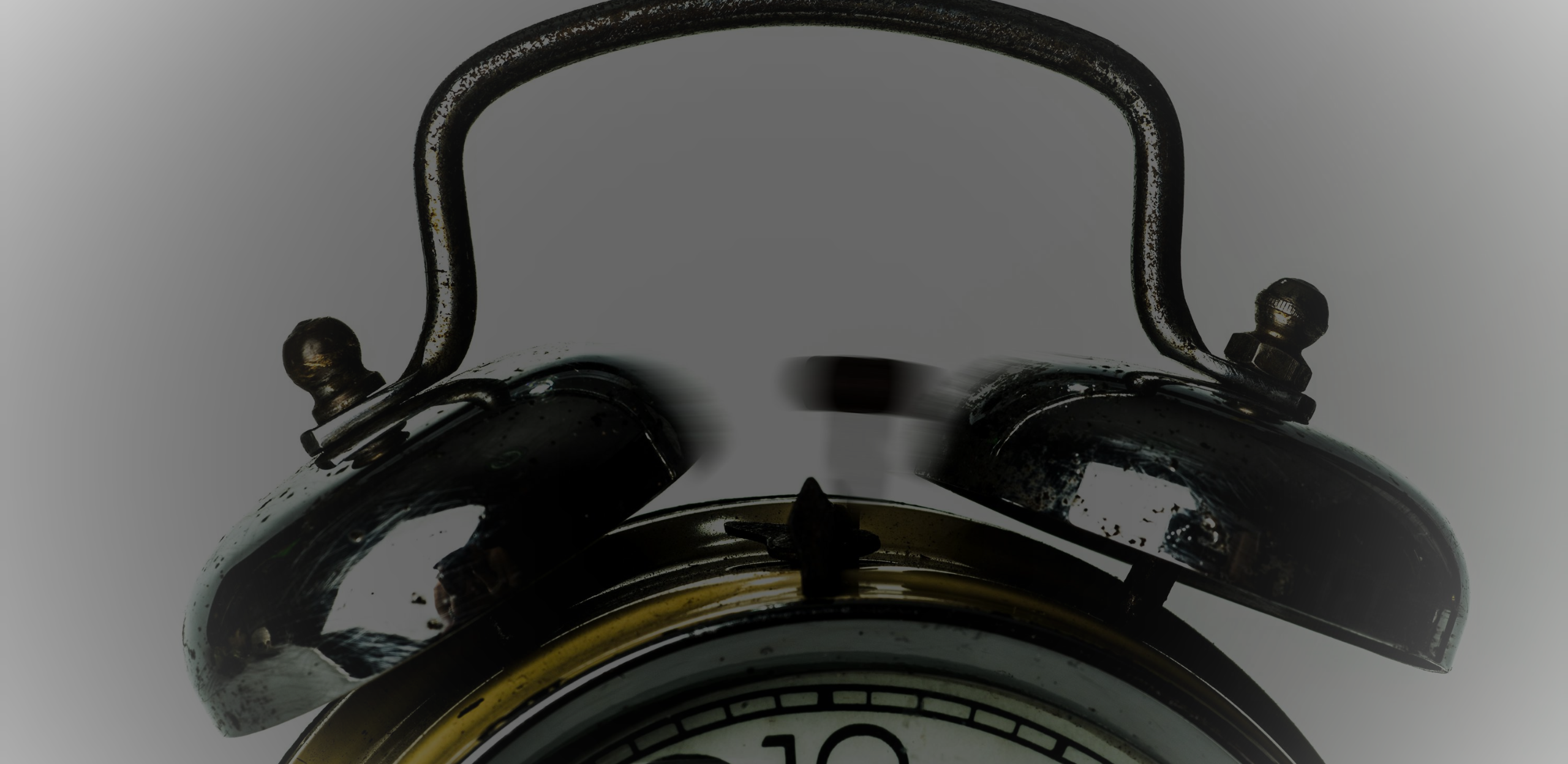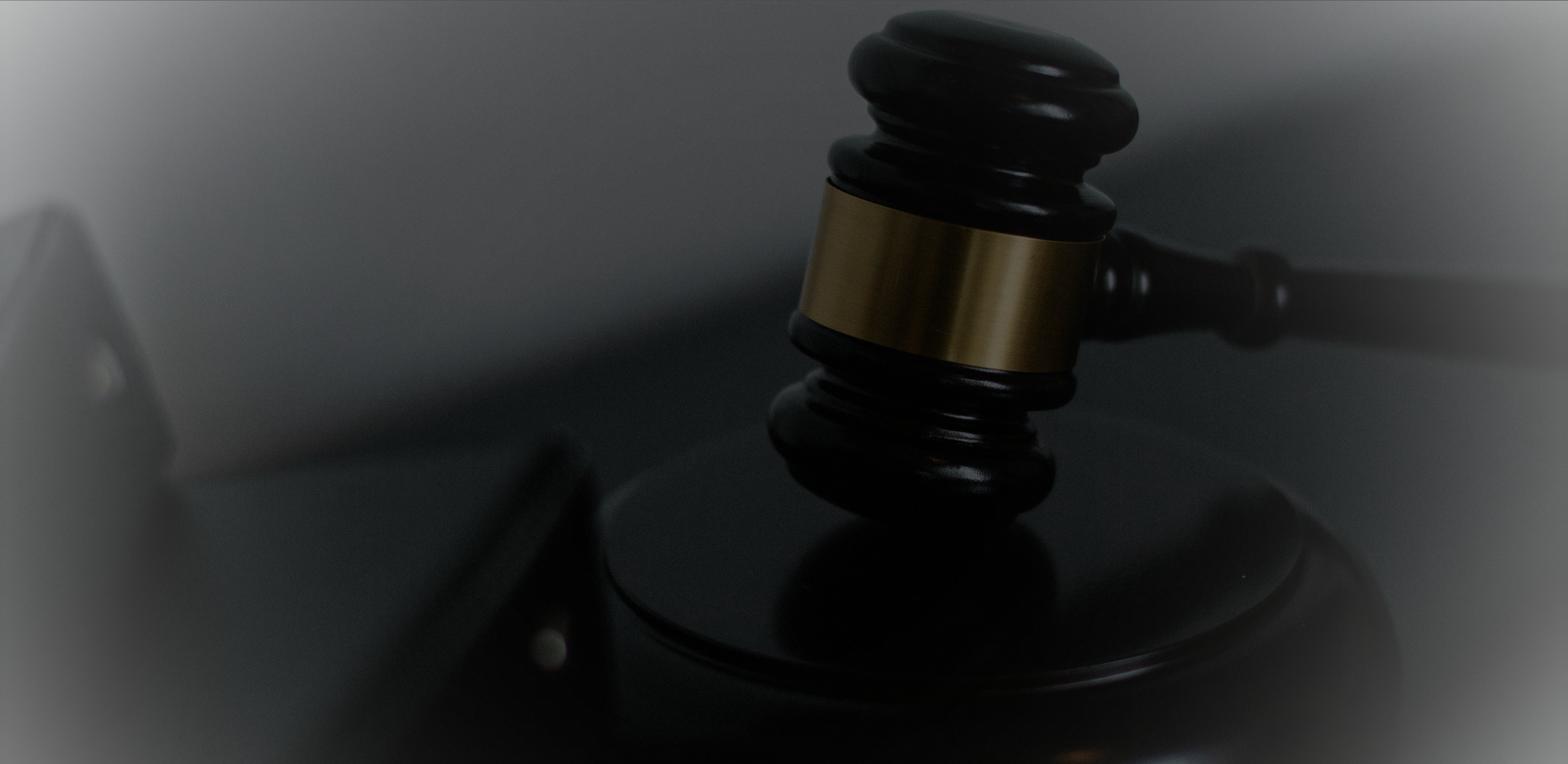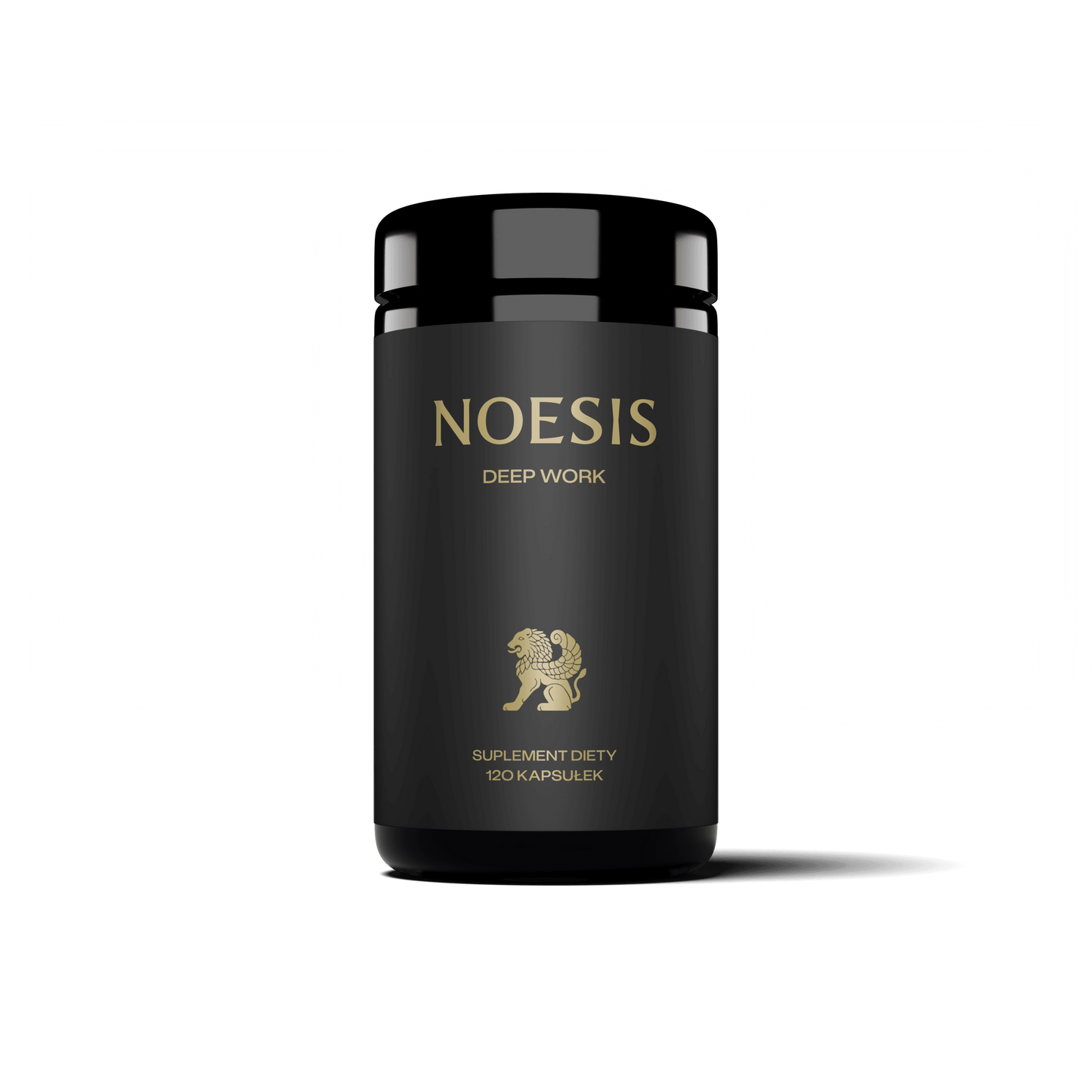
It is not a lack of knowledge that holds you back. It is not a lack of experience, skills, or even time.
What really holds you back is your inability to make decisions when they matter most.
Stress management has a significant impact on the effectiveness of decision-making
Most people want to be effective before they learn to manage pressure. And that's a mistake. The order is reversed. Effectiveness starts with stress management, not calendar optimization.
If you are overloaded, your choices will be tainted by fear, chaos, the need to please others. In such a state, you do not solve problems, you only deepen them. Therefore, managing stress is not a luxury, but a necessity.
Instead of analyzing data, start with a quick reset. Notice your state, separate your emotions from your decisions, and only then choose a direction. This is not a soft skill – it is a hard strategy for surviving under pressure.
Effectiveness is not comfort. It is the ability to act despite discomfort. If you do not have this, you are not managing yourself, only situations are managing you. And this costs your health, results and quality of life.
Decision in 3 steps
In time pressure, chaos grows rapidly, and with it the risk of a bad decision. That's why you need a simple scheme.
STOP -> SEE -> SELECT.
STOP – stop the automaticity of reactions. Decisions made under the influence of emotions are often wrong.
SEE – see the issue for what it is. What really requires a decision and what is just noise?
CHOOSE – choose the best possible option for now, not ideal. The biggest mistake is not choosing.
People burn energy not on decisions, but on dragging them out indefinitely. A simple scheme reduces the burden, increases efficiency, and allows you to act even if you don't feel ready.
It's not about being flawless. It's about stopping spinning your wheels. You can make a decision in any situation if you have the tool. It's what separates the doers from the perpetual analyzers.

80/20 in practice
It's easy to fall into the trap of pressure, everything seems important then. But it's an illusion that costs the most - time, energy, health and efficiency. The truth is that most things don't deserve your attention.
The Pareto principle doesn't lie. 20% of actions give 80% of results. If you want to make good decisions, you have to filter. Which issues have a real impact on health, results, relationships, strategy? Only these should be the subject of decisions. The rest is noise.
Effectiveness is not just doing the right thing. It is having the courage not to do the wrong thing. People who don't filter put out fires all day long. Their heads are full but their results are zero.
Making decisions well requires discipline and prioritization.
In a high-pressure environment, limit stimuli, not add more
Time pressure doesn't kill. It kills the excess of stimuli at the moment when you have to make a decision. When you are in a state of tension, your thinking becomes tunnel-like. You see less, hear less, feel more. Every new stimulus, such as an email, phone call or notification, doesn't help, it only makes the situation worse. And instead of making a decision, you start to drown it in an avalanche of new data.
Effectiveness isn't about knowing everything. It's about eliminating the unnecessary before you make a decision. In a high-pressure environment, it's about minimizing your environment, not building it up. The less noise, the better your chance of making a good decision.
This is why the best decision-makers, regardless of industry, seek silence in critical situations. They silence their phones. They brood. They push people away. They step aside. Not because they are afraid of the decision. They know that every additional word, every new variable, affects the thought process and can distort it.
You don't need more information. You need less. You need to see the whole thing, not through the prism of random stimuli. That means one thing, when you feel overwhelmed, stop, close off access to external sources, cut off what is not related to the decision at hand. Create space, not add more sources of stress.
Some call it relaxation, others escape. But the truth is that under pressure, reducing the number of stimuli increases efficiency. And there is no room for discussion here. Want to be effective? Before you make a decision, silence the side of the world that does not matter.
Efficiency in the organization = ready-made rules of operation
There is no room for improvisation in stress. When the going gets tough, people don't "know what to do" unless it's been clearly defined. Effectiveness in an organization starts with principles, not individual genius.
Ready-made schemes are not a limitation but a relief. A set structure reduces stress, speeds up decisions and protects against mistakes. You can't predict everything, but you can prepare for most. And that's what makes the difference between chaos and effectiveness.

Time works against you if you don't learn to manage it
Every decision has a price, and delaying it costs more. And that's what most people ignore. The longer you wait, the higher the costs: stress, lost opportunities, emotions involved, energy that could be spent on something else. And yet, many people, when faced with pressure, choose to wait. Mistake.
In stressful situations, the brain wants to postpone making a decision because it is afraid of the consequences. It is afraid of the costs incurred, of making a mistake, of the opinions of others. But every hour of thinking is a loss. For you, for the team, for the entire organization. Time becomes an enemy. That is why you need to understand one thing: the effectiveness of a decision depends not only on its quality, but also on the moment in which it was made.
There are decisions you have to make immediately. Otherwise, you have nothing to save. This is where the “2-minute rule” comes in. If something requires less than 2 minutes of thought, decide now. If you need more time, set a deadline. Not “I’ll think about it later,” but “I’ll come back to it at 3:00.” Otherwise, the problem will live in your head and start eating up your resources.
The second technique is the “worst case scenario.” What could realistically happen if you make the wrong decision? Not what fear tells you, but what will actually happen. Will your health suffer? Will your organization fall apart? Will you lose everything? In 95% of cases, the answer is NO. Fear is most often an illusion. And eliminating it allows you to move forward.
Time management is, in practice, decision management. It is the ability to recognize which decision must be made today, which tomorrow, and which never. Not every decision requires full analysis. Not every decision deserves brainstorming. Some decisions simply need to be closed. And moved on.
In times of pressure, it is not the quality of thinking that matters, but the moment of taking action. People who can act despite stress are not more resilient. They simply know that procrastination means increased costs and worse results. If you want to take control of your life and work, you need to ask yourself, "How much longer will you wait for the perfect moment?"
Because in life and business, it's not the one who thinks best who wins. It's the one who makes decisions when others are still hesitating.

Decision monitoring
A decision is not the end of the process, but only the beginning. True effectiveness requires monitoring the effects. If you don't analyze what you learned from the decision you made, you act blindly and repeat the same mistakes.
Analyze. What worked? What failed? Was it worth the investment? If you don't ask yourself these questions, you're not growing, you're just reacting.
The best monitor their decisions and see patterns. This makes each subsequent decision faster, more accurate, less burdensome. This is why athletes, leaders, and effective organizations use the scheme: DECISION -> REACTION -> ANALYSIS -> CORRECTION.
You don't need reports. Just ask yourself 3 questions in the evening: What choices did I make today? What were the results? What would I do differently? That's it. And that's what makes the difference between efficiency and chaos.

Self-management is decision management
Every “yes” is also a “no” to something else. Your health, relationships, work are the result of everyday micro-decisions. Life doesn’t “just look like this.” You choose it.
Effectiveness begins when you stop working on autopilot. When you don't drink another coffee from a vending machine, but choose real rest. When you don't take on every case, but set boundaries.
Decision-making awareness is not a theory but a specific force. Decisions affect everything, your state, your environment, your company, your life organization. And only you can take responsibility for it.
You don't have to be perfect. You have to be aware. And ready to make a decision when everything in you is screaming to wait. Because it's not stress that destroys. It's the lack of decision that destroys.







